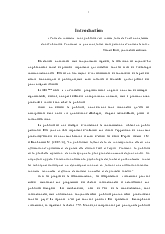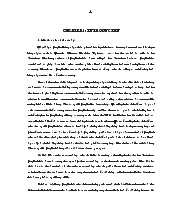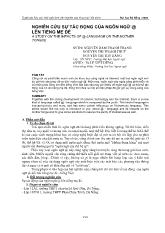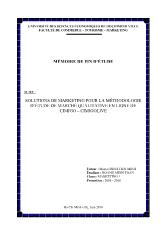Aims at comparing and contrasting different linguistic politeness strategies in the speech act of complaining of American and Vietnamese speakers in relation to the social factors assigned in the contexts studied
- Người chia sẻ : vtlong
- Số trang : 74 trang
- Lượt xem : 10
- Lượt tải : 500
- Tất cả luận văn được sưu tầm từ nhiều nguồn, chúng tôi không chịu trách nhiệm bản quyền nếu bạn sử dụng vào mục đích thương mại
Bạn đang xem trước 20 trang tài liệu Aims at comparing and contrasting different linguistic politeness strategies in the speech act of complaining of American and Vietnamese speakers in relation to the social factors assigned in the contexts studied, để xem tài liệu hoàn chỉnh bạn click vào nút DOWNLOAD LUẬN VĂN ở trên
As the world is becoming more and more developed, there exist so many things which
need to be studied and discovered. Linguistic study, however, is still far from satisfactory.
In the last few decades of the 20
th
century, there have been many linguistic researches so
far but their concerns were only with the forms of language systems which are studied and
explained apart from their functions in relation to social situations. Additionally, their
attention was basically paid to structural theorieson which the small units were arranged
and combined into the larger ones. Recently, within linguistics, there was a shift of
emphasis from an almost exclusive concern with formal aspects of language (structural
linguistics and generative transformational grammar) to a growing interest in language use.
The study of linguistic pragmatics holds for not only linguists but also language teachers
and students, since the relevance of pragmatics hasbecome increasingly clear to linguists,
which is shown by a number of researches of those such as Austin (1962), Searle (1969),
Grice (1975), Blum-Kulka (1982), Leech (1983), Levinson (1983), Clarj (1979), Cohen
(1996), Yule (1996) so on and so forth.
Although the scope of pragmatics is far from easy to define, the variety of research
interests and developments in the field share one basic concern: the need to account for the
rules that govern the use of language in context (Levinson, 1983). According to BlumKulka (1983), one of the basic challenges for research in pragmatics is the issue of
universality: to what extent is it possible to determine the degree to which the rules that
govern the use of language in context vary from culture to culture and from language to
language? In particular, the issue of universality is relevant in the context of speech act
studies.




